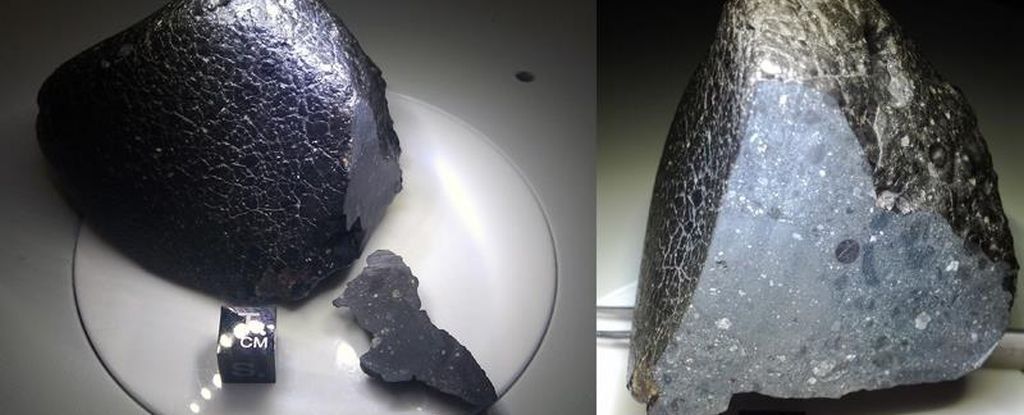ARTICLE AD
South African caves, key to discoveries that shaped scientific understanding of early human behavior, have been designated as a World Heritage Site.
The three new additions to the Heritage list, finalized on July 26, include Diepkloof Rock Shelter, Sibhudu Cave, and the Pinnacle Point Site Complex. The latter has been extensively explored and documented by Arizona State University professor Curtis Marean, who was instrumental in the push for UNESCO recognition.
When Marean first began his work at Pinnacle Point in 1999, the caves at the base of a 164-foot-tall (50 meters) cliff located on the Indian Ocean coast had not yet been excavated. Among the discoveries that Marean has documented are signs of how Homo sapiens lived around 160,000 years ago, during an era known as the Quaternary, as humans were spreading throughout the African continent. Marean found evidence that these humans ate shellfish, modified and used pigments, and used fire to modify raw materials. The site also contained the earliest signs of humans using advanced projectile weapons, dating back 71,000 years.
“Pinnacle Point has proven to be an incredible insight into the origin of our species—particularly our relationship with the sea,” said Ryan Williams, director of Arizona State University’s School of Human Evolution and Social Change in a press release.
The three sites in South Africa’s Western Cape and KwaZulu-Natal provinces were recognized due to their contributions “to the understanding of the origin of behaviourally modern humans, their cognitive abilities and cultures, and the climatic transitions that they survived,” UNESCO said on its website. Sites are only added to the list if they are deemed to have “outstanding value to humanity.”
Pinnacle Point is also important for the clues it contains to how early humans survived a shifting climate, including the movement of massive ice sheets during the Quaternary Era, and the supereruption of Mt. Toba, a volcano located in modern-day Indonesia, 74,000 years ago.
“This momentous occasion marks a significant milestone in our collective journey to preserve and celebrate the origins of modern human behavior and our shared cultural heritage,” said Western Cape Provincial Minister of Cultural Affairs and Sport Ricardo Mackenzie in a statement. “The exceptional preservation of these sites, amidst the challenges of climate change and rising sea levels, stand as testaments to our ancestors’ resilience, ingenuity, and adaptation to environmental changes.”

 3 months ago
26
3 months ago
26 

